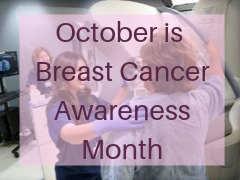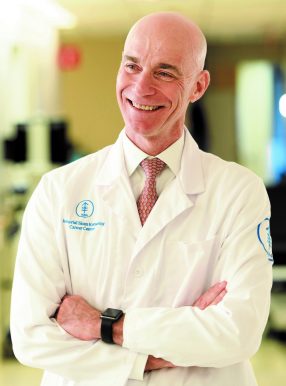MSK experts in breast and gynecological cancers were recently featured in the media.

Verywell Health spoke to Dr. Maxine Jochelson for an article on breast cancer screening best practices. A recent study used epidemiological data broken down by race and ethnicity to conclude that different populations should start screening for breast cancer at varying ages. Dr. Jochelson said that the potential for false positives is not a reason not to get screened, and that women should work with their healthcare providers to determine the screening schedule that is right for them.
The New York Times featured Dr. Ginger Gardner in an article about uterine cancer. While US uterine cancer rates remain low they are rising, especially among Black and Hispanic populations. Dr. Gardner said that family history and health conditions like diabetes and hypertension increase a person’s risk for the disease. Patients should pay attention to symptoms, including unexpected vaginal bleeding or spotting, and get examined if symptoms are present.
Learn more about MSK’s Female Sexual Medicine & Women’s Health Program.
 In October, numerous media outlets featured experts from MSK during Breast Cancer Awareness Month. Here are some highlights:
In October, numerous media outlets featured experts from MSK during Breast Cancer Awareness Month. Here are some highlights: